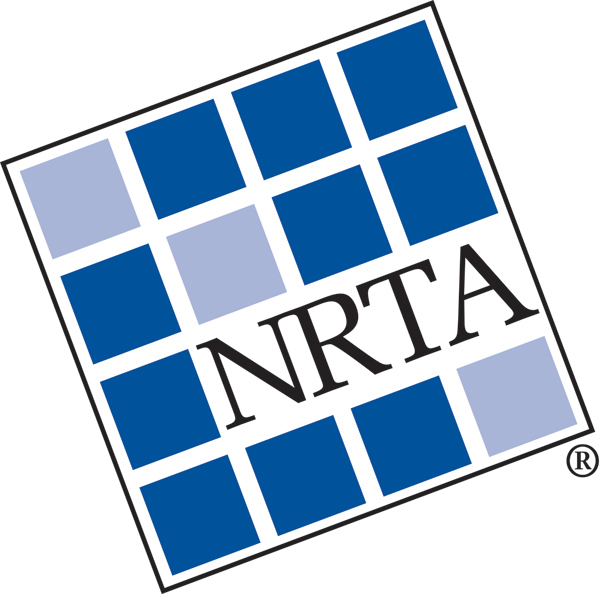 Looking at the other side of the equation.
Looking at the other side of the equation.
Ever wonder just what landlords are thinking? Probably most anyone who has negotiated a lease, conducted an audit, or been in a dispute with a landlord has too. While sometimes the interactions between landlords and tenants seem like a zero-sum game, both need each other for their respective businesses to thrive. A better understanding of the landlord’s concerns can help tenants more successfully navigate and resolve issues in lease administration, audits, disputes and negotiations.
Disputes and Negotiations Generally
The majority of landlords recognize that having happy and successful tenants is in their interest. That said, they want to discourage and avoid having tenants raise disputes or challenges. This is reflected in the way landlords draft and negotiate leases and settlements. If a tenant raises a dispute, landlords want to limit the scope of the dispute and resolution. For example, landlord lease forms typically include a waiver by the tenant of any non-compulsory counterclaims as well as limitations of what the tenant can recover from the landlord. They also include confidentiality covenants to avoid having a dispute with one tenant (a pass-through cost challenge, for example) spread to other tenants. These types of provisions are often required or encouraged by lenders and investor partners of landlords who want to limit potential liability.
Lease Administration and Audits
Consistency and efficiency are driving forces behind the way most major retail landlords try to approach lease administration. To the greatest extent possible, landlords want their leases with different tenants to have the same definitions of operating costs and the same processes and timing for annual reconciliation. This is why landlords push to use their own lease forms and are reluctant to negotiate individualized operating cost exclusions and limitations.
Audits are another area are of misunderstanding and conflict between landlords and tenants. Tenants want to verify that they are not being charged more than their fair share. Landlords, of course, want to be sure they are being properly reimbursed and have the funds necessary to properly maintain and operate the center. Inspections and audits of pass through costs present many concerns for landlords. Requests for supporting documentation and audits can be disruptive and impose substantial administrative burdens and costs. Furthermore, landlords are concerned about confidentiality for many reasons, including having an operating cost audit or challenge by one tenant mushroom into challenges by multiple tenants. Landlords also worry about an audit, particularly by a contingency fee auditor, turning into a fishing expedition or “shake down.” Keeping these landlord concerns in mind can help a tenant negotiate reasonable operating cost and audit provisions that landlords will find acceptable.
Occupancy Cost Determination and Allocation
When users have wildly different levels of utilities usage or impact on center services and amenities, determining how landlords fairly allocate costs among tenants can be difficult and complicated. Landlords must grapple with these issues as well as figure out how to fund costs to modernize, repurpose and reconfigure properties to address market demands.
Retailer Operational Changes and Challenges
As retailers search for new approaches to compete with online sellers and address changing customer demands, they are creating operations that can challenge the historical retail model. Innovations like in-store internet kiosks and interactive digital ordering options, as well as in-store pick up of internet purchases and delivery of merchandise, can turn percentage rent formulas for “in store sales” on their head. In addition, more non-traditional tenants, as well as entertainment tenants, now occupy space in traditional retail centers. For example, fitness clubs, medical offices, educational facilities, game operators and theme restaurants are growing in popularity in retail centers of all kinds. Landlords must balance respecting the rights and needs of current tenants while maintaining flexibility as space requirements and users evolve over time. These hybrid models also require new thinking about customer flow, parking requirements, foot traffic expectation, and many other factors previously taken for granted.
In addition, landlords face new challenges regarding parking, noise, odor and hours of operation, to name a few, in the evolving mixed-use environment. Many times landlords find that when they attempt to accommodate one tenant’s requests regarding issues like parking, permitted uses and hours of operation, the biggest obstacles come from other tenants.
Co-Tenancy, Exclusive Uses and Prohibited Uses
Landlords are facing new challenges in interpreting and applying co-tenancy, exclusivity and prohibited use provisions as a result of the blurred lines and integration of retail, office and various combinations in the evolving market.
For example, finding suitable re- placements for vacated anchor and big box spaces — especially under traditional definitions of an “anchor tenant” and “retailer”— can be difficult at best in today’s market. This is one reason landlords want flexibility and control in filling vacant spaces. Also, landlords feel that sometimes where there is a technical breach of a co-tenancy or exclusive use provision, the tenant is not actually damaged and should not be entitled to relief. For this reason, landlords often seek to require a drop in sales for any rent relief.
Terms and Exit Strategies
With uncertainty in the market, many tenants are reluctant to commit to long terms and are seeking both extension options and early termination rights. This can make obtaining financing and investment partners difficult. This is part of the reason landlords resist extension options and early termination rights and seek to limit these rights to the original tenant.
Changes in business operations and space usage in retail centers and, especially, in mixed-use projects present significant challenges for landlords and tenants, but they also present exciting opportunities. And many issues — old and new — in negotiating leases and resolving disputes with landlords will always be with us. Gaining a better understanding of the landlord’s concerns and perspective will help tenants arrive at mutually acceptable and beneficial results in their dealings with landlords.
C. Gregg Ankenman is a partner with law firm Wendel Rosen Black & Dean LLP. Ankenman can be reached at: gankenman@wendel.com

 Looking at the other side of the equation.
Looking at the other side of the equation.